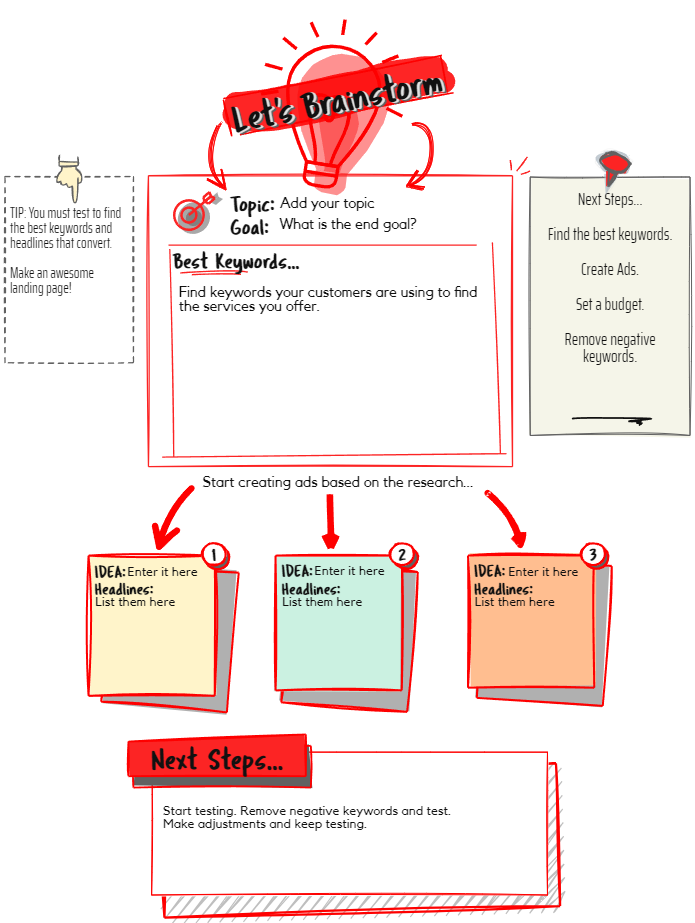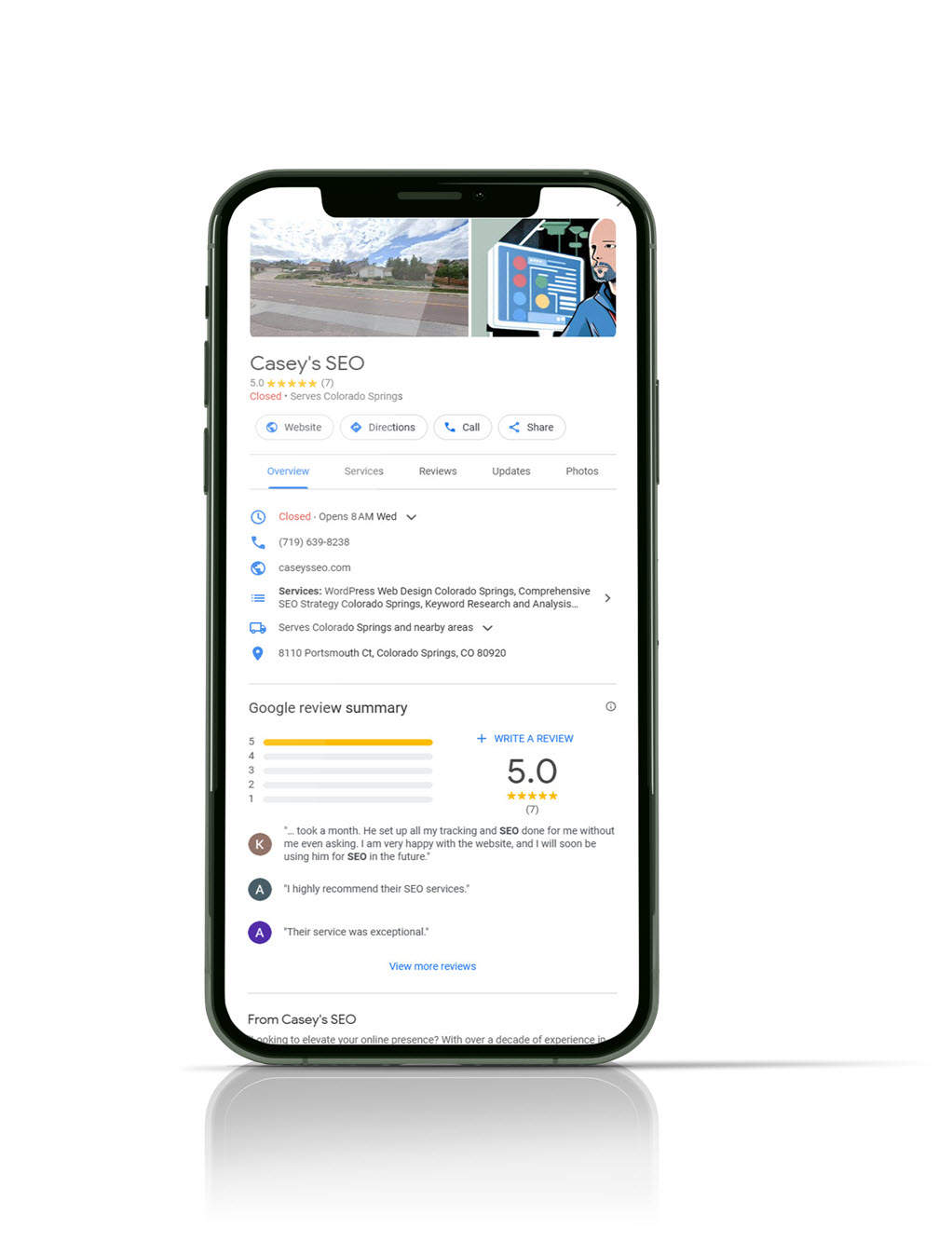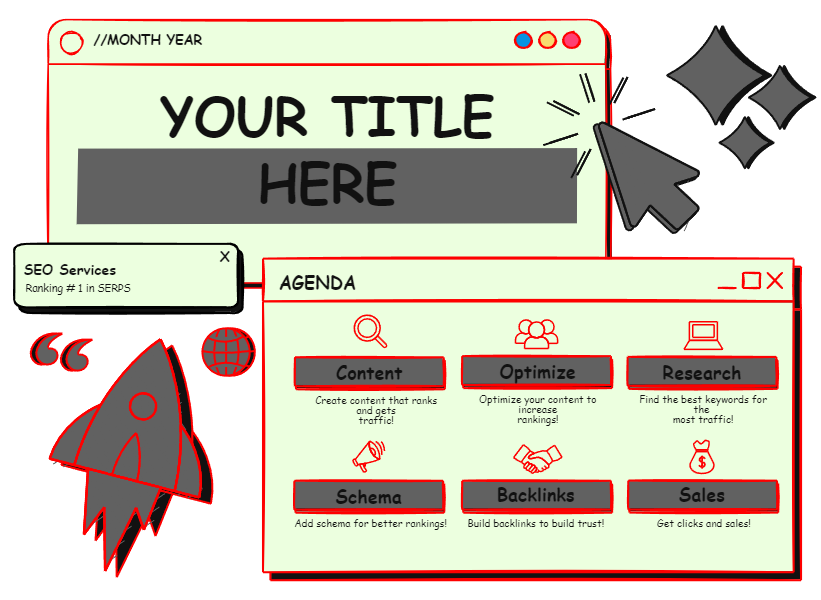Search Engine Optimization Company
Regarding SEO, it's essential to understand the difference between white hat and black hat practices. White hat SEO refers to ethical optimization techniques that comply with search engine guidelines, focusing on providing value to users and improving the overall user experience.
In contrast, black hat SEO involves using manipulative and deceptive tactics to achieve higher rankings quickly, often at the expense of user experience and long-term sustainability. These practices violate search engine guidelines and can result in severe penalties, including removing the website from search engine results.
To ensure long-term success, it is crucial to adopt white hat SEO techniques prioritizing ethical and sustainable strategies. By following best practices and staying updated with the latest Google algorithms, you can improve your website ranking and enhance its online visibility in a way that aligns with search engine guidelines.




